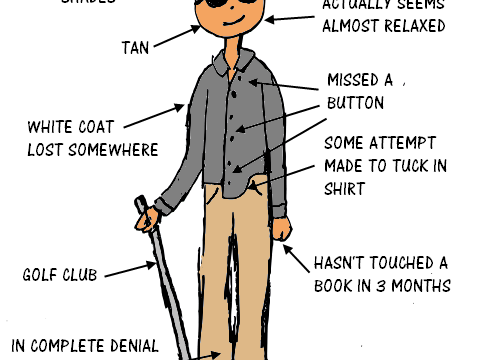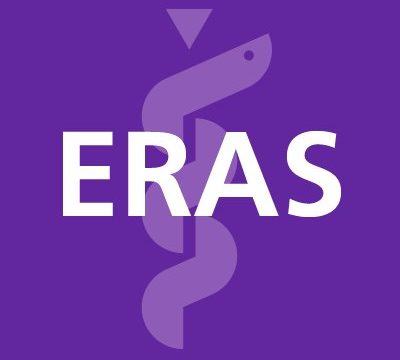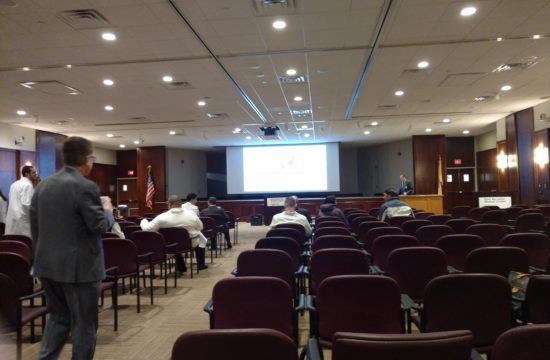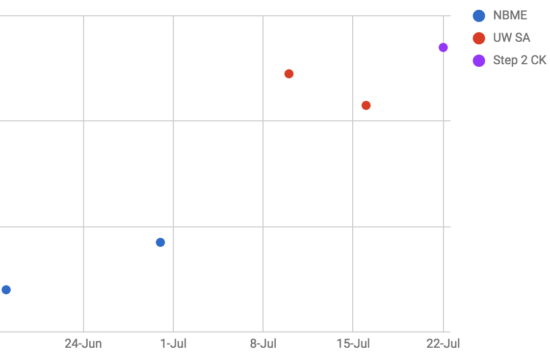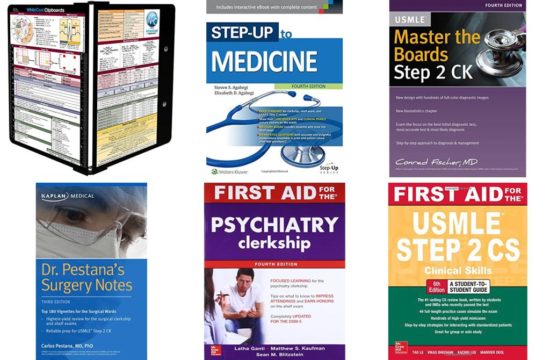Initially I was going to break it down by 3rd and 4th year however as I found out, there are only 2-3 important months of 4th year. You should really make the best of 3rd year because that is going to be the most meaningful part of your entire clinical experience
Third year might be a little different than the school we are used to leading up to this point. We’ve always been in the classroom and studying for exams. 3rd year is a huge change. You’ll actually be seeing patients and going through the motions of being a physician. On top of that however, you’re still expected to be learning and do well on exams.
Here are 5 things you should take away from 3rd year.
Learn…all the things.
Like I alluded to earlier, you are still a student. You need to do well on your shelf exams, a 110 question NBME at the end of each core rotation. To do that you have to focus on key objectives for each rotation and as always, question based learning. UWorld is suffice along with a supplementary book such as Step Up to Medicine or Master The Boards. Using these books during 3rd year will help as it will be the same resources you will use for Step 2 CK. Everything you do academically should be geared toward preparing yourself for Step 2.
On some rotations, there may be question sessions and lectures geared toward students. Try to make the best of those, however I am aware this is very hospital dependent.
It will be difficult to balance the long days at the hospital and studying however you should make time for it in the evenings and during down time during the day. Weekends will be the core of your study time. Most shelf exams are fair if you put the time in during the rotation to study.
Figure out what you like…or don’t like
This is probably the easiest part of 3rd year. Try to figure out what specialty you can see yourself as and would consider applying to the following year. Even if you already go into 3rd year knowing what you want to be, keep an open mind. It’s surprisingly common that you end up not liking what you envisioned yourself doing once you actually do it. And by keeping and open mind, you keep yourself open to new experiences. Especially if you want to do something like internal medicine, surgery may be the only time you’ll be in the OR for the rest of your life, which may be great if you don’t like the OR but at the same time why not make the most of every situation and experience. Even if you don’t like something, you can still learn something from it. And by knowing you don’t like something, that’s just as good as finding something you like. Anything that narrows down your list of potential specialties is an accomplishment.
Network
Medicine is a very intellectual field however it also has an element of elitism where knowing the right people will get you further than you would on your own. Although it’s arguable that this applies to every field in life, I find that medicine is especially so. Spots in higher levels of practice are much more limited and therefore having people vouch for you can do more than purely good grades can. Note that I did not say networking can replace good grades.
3rd year is mainly about grades however what caught me off guard and what I hope to warn you about is that 4th year is very short in terms of meaningful time. After 3rd year, you will have about 3 months before ERAS applications are due. That’s only 12 weeks, the same as most school’s single internal medicine core rotation of 3rd year. Make the most of your time as a student 3rd year. Connect with not only the attendings but also the residents. At some programs, residents have a say in the interview and application process. And residents are no different than a student. They talk and word spreads. If you make a fool out of yourself, everyone will know, but similarly, if you are a strong 3rd year and show that you can work as a part of a team alongside the residents and you add value to the team, they will know that too.
Having good rapport with the house staff, residents, attendings, will improve your chances of getting an interview at that program. It will also potentially help you later down the road in general. As future physicians, all of these people will be your colleagues once you get to the other side as an MD. Knowing people at other programs around the country may be of benefit to you one day.
In addition to networking, getting close with the residents can also help if they are willing to open up to you about the entire process, the program specifically if you are interested in applying there, and other general residency knowledge. This will add a lot of value and insight into your decision making process as a 4th year medical student and applicant.
Letters
Continuing off my previous topic, networking allows you to potentially ask for letters from attendings at the end of your rotations. These letters are necessary for your ERAS application during 4th year and like I mentioned, you don’t have a lot of 4th year to really get letters so they end up coming from 3rd year rotations. It’s hard to tell who and what rotation you’ll want to use if you don’t know what specialty you’re applying to so if you make a good impression, ask for the letter. You can always choose not to use it later. And in some cases, if you end up applying to multiple specialties, you can use different combinations of letters.
Experience
3rd year is the one year of your life in medicine where no one expects anything of you. Use this to your advantage. Get involved in patient care and try to see and do as much as you can. Most attendings who let you do things almost expect you to make mistakes and are okay with it as long as you are genuinely enthusiastic and want to learn. Even with things as simple as answering questions, it is often better to give an answer than no answer.
In terms of day to day activities, try to push yourself. What I mean by that is if you start to get comfortable with your single patient load, try to handle 2 patients. By pushing yourself and doing more than is expected of you, you will get noticed by not only the residents who you are helping by taking more responsibility but also the attendings.
Treat 3rd year as your 4th year and impress everyone you can because like I said, your 4th year is not as long as you might think. Also note that working hard and impressing residents and attendings is not the same as doing personal favors for the residents. Some residents may take advantage of you trying to help them and make you do non medically related activities. If that’s the case I could consider bringing it up to the attention of the attending or clinical coordinator. At the end of the day, do what you feel is appropriate however remember that you are paying for your experience at the hospital and you are trying to learn how to become a better physician. Anything that takes away from that should not be tolerated.
General Study Strategies
Simple: Question based studying. Do as many questions as you can when you can.
Disclaimer: I used to be a “learn the mechanism” “learn the basics” kind of student but between time in the hospital and the amount of content you see nowadays, it’s better to just use questions and cases as your foundation.
If you are tired or have additional downtime, consider review texts.
- Questions: UW, NBME practice exams
- Texts: Master The Boards, Step Up to Medicine
Internal Medicine
Resources: IM Essentials
Surgery
Texts: Pestana’s
Pediatrics
OB/GYN
Psychiatry
Family Medicine
The following is a repost of my clinical buying guide:
<iframe src=”https://kit.com/embed?url=https%3A%2F%2Fkit.com%2Fkevinly%2Fmedical-school-clinical-years” style=”display: block; border: 0px; margin: 0 auto; width: 100%; height: 100vw; max-width: 700px; max-height: 700px” scrolling=”no”></iframe>

